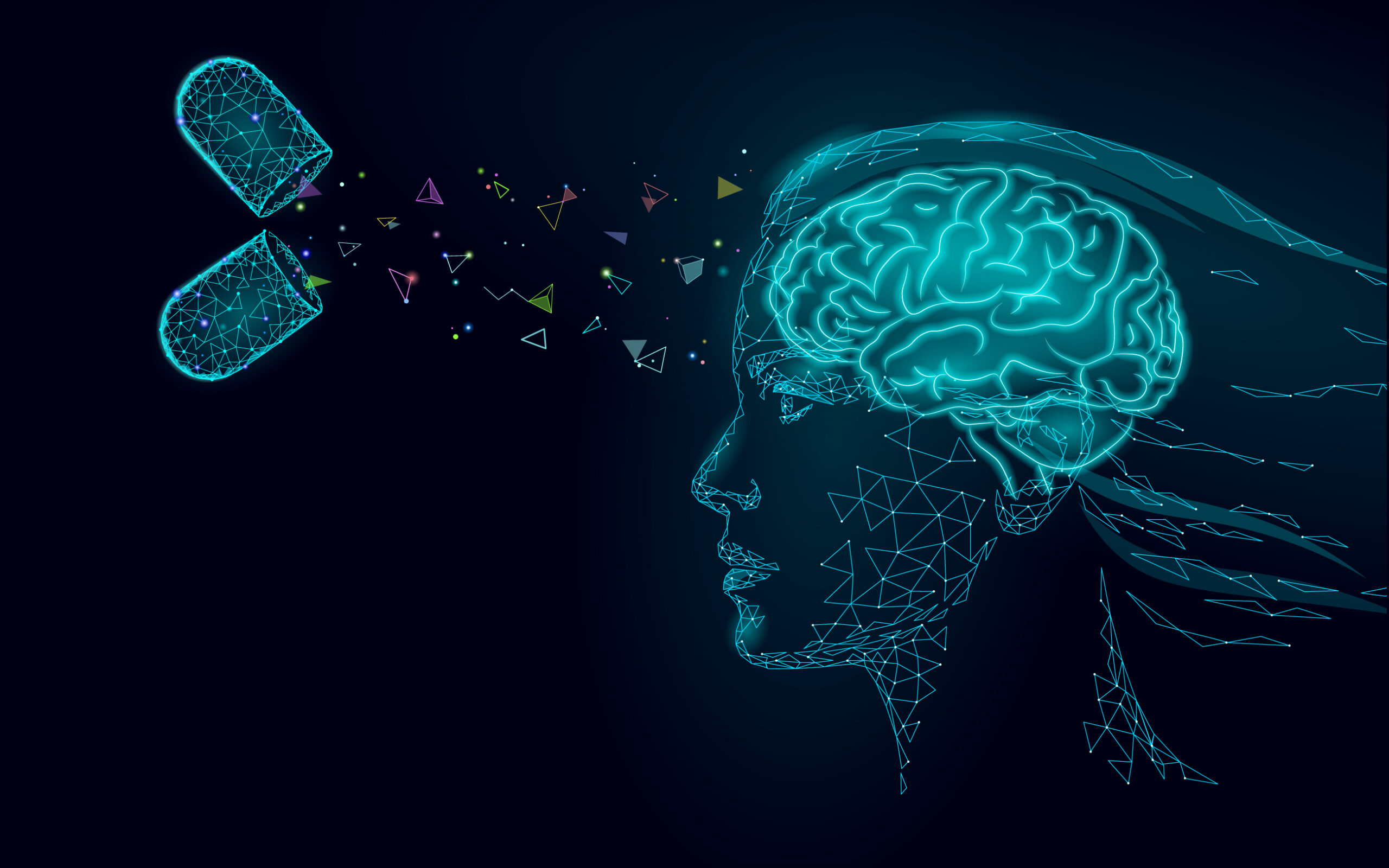The Comprehensive Guide to the Benefits of Ashwagandha Nootropics
 Posted On
Posted On
introduction
Ashwagandha, also known as Withania somnifera or Indian ginseng, is a powerful adaptogenic herb that has been used for centuries in traditional Ayurvedic medicine. It has gained popularity in the nootropic community for its potential cognitive-enhancing properties. In this comprehensive guide, we will explore the various advantages of Ashwagandha nootropics, its mechanisms of action, recommended dosage, and the potential impact on cognitive function.
Understanding Ashwagandha Nootropics
Ashwagandha is an adaptogenic herb that is native to India, the Middle East, and parts of Africa. It has a long history of use in traditional medicine for its numerous health benefits, including its potential as a nootropic. The active compounds in Ashwagandha, called withanolides, are believed to be responsible for its cognitive-enhancing effects.
Benefits of Ashwagandha Nootropics
Stress Reduction
One of the primary benefits of Ashwagandha is its ability to reduce stress and anxiety. It works by lowering the levels of the stress hormone cortisol in the body. Chronic stress can impair cognitive function, and Ashwagandha’s stress-reducing properties may help maintain optimal brain health.
Enhanced Cognitive Function
Ashwagandha is believed to improve cognitive function by enhancing memory and learning. It may support the growth and repair of nerve cells in the brain, contributing to improved cognitive performance.
Mood Stabilization
Ashwagandha has mood-stabilizing properties, which can help alleviate symptoms of depression and anxiety. An improved mood can lead to better cognitive function and mental clarity.
Neuroprotection
Ashwagandha’s antioxidant properties protect brain cells from oxidative stress and damage caused by free radicals. This neuroprotective effect may help prevent cognitive decline and support overall brain health.
Enhanced Focus and Concentration
Ashwagandha nootropics are believed to improve focus and concentration by reducing mental fatigue and enhancing cognitive agility. This can lead to better attention and sustained mental clarity.
Sleep Enhancement
Adequate sleep is crucial for cognitive function, and Ashwagandha may improve sleep quality by promoting relaxation and reducing insomnia. Better sleep contributes to better cognitive performance.
Immune Support
Ashwagandha has immune-boosting properties that can help the body defend against infections and illnesses. A strong immune system is essential for overall health, including cognitive well-being.
Anti-Inflammatory Effects
Inflammation can impair cognitive function, and Ashwagandha’s anti-inflammatory properties may help mitigate these effects. Reducing brain inflammation can contribute to improved cognitive health.
Mechanisms of Action
The primary mechanisms of action behind the cognitive benefits of Ashwagandha nootropics are:
- Cortisol Reduction: Ashwagandha is known for its ability to lower cortisol levels, the body’s primary stress hormone. Elevated cortisol levels can impair cognitive function, and by reducing stress, Ashwagandha may support optimal brain health.
- Neurogenesis: Ashwagandha is believed to promote the growth and repair of nerve cells in the brain, a process known as neurogenesis. This effect can lead to enhanced memory and cognitive function.
- Neuroprotection: The antioxidant properties of Ashwagandha help protect brain cells from oxidative stress and inflammation, contributing to overall brain health and cognitive well-being.
Recommended Dosage
The recommended dosage of Ashwagandha nootropics can vary based on individual factors, including age, weight, and specific health goals. However, a common dosage range is typically between 300 to 600 milligrams per day. It’s important to start with a lower dose and gradually increase it to assess tolerance and effects.
As with any nootropic or dietary supplement, it’s advisable to consult with a healthcare professional or a nootropic expert before starting any regimen. They can provide personalized guidance based on your specific needs and circumstances.
Potential Side Effects and Considerations
Ashwagandha is generally considered safe when used within recommended dosages. However, some individuals may experience side effects, which can include gastrointestinal discomfort, such as stomach cramps or diarrhea. These side effects are typically mild and transient.
Ashwagandha may interact with certain medications or health conditions. Individuals with thyroid disorders, autoimmune diseases, or those taking sedatives should exercise caution and consult with a healthcare professional before using Ashwagandha nootropics.
Conclusion
Ashwagandha nootropics offer a range of cognitive-enhancing benefits, making them a popular choice among individuals seeking to optimize brain function and mental clarity. Whether you’re looking to reduce stress, improve memory, enhance focus, or boost mood, Ashwagandha may be a valuable addition to your nootropic regimen.
Understanding the potential benefits, mechanisms of action, recommended dosage, and potential side effects of Ashwagandha is crucial for making informed decisions about its use. By seeking guidance from healthcare professionals or nootropic experts, you can maximize the advantages of Ashwagandha and work towards cognitive enhancement and better overall cognitive well-being.
- Delta-8 THC In-Depth Review of the Best Products By Premium Jane - August 12, 2024
- Comprehensive Review of the Top Vape Mods By Head Shop - July 10, 2024
- Exploring JustCBD UK’s CBD Vape Cartridges: A Personal Review and Comparison - July 10, 2024



